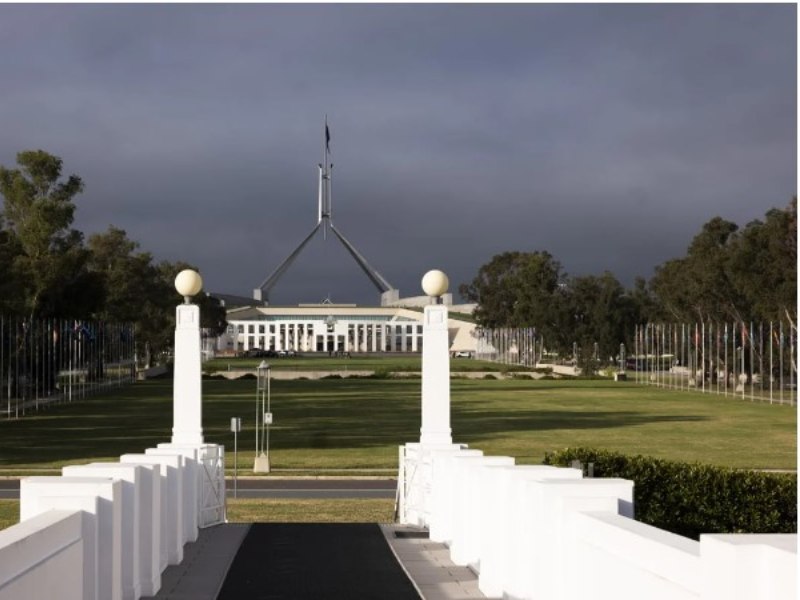The national corruption watchdog will not pursue the six public officials who were referred to it last year by the Royal Commission into the Robodebt scheme after finding it was unlikely to “add value in the public interest”.
The National Anti-Corruption Commission (NACC) on Thursday said it had been made aware that five of the six officials were also referred to the Australian Public Service Commission (APSC).
With other authorities involved, the NACC said it is unlikely to unearth new evidence and did not want to risk inconsistent outcomes or the officials being subject to repeated investigations.
It said other authorities were also better placed to find remedies and impose sanctions.

The six public officials are included in a sealed section of the Robodebt royal commission’s landmark final report released last July.
The confidential section named several people, fuelling speculation that Coalition ministers may also be investigated, but names were suppressed to avoid prejudicing “any future civil action or criminal prosecution”.
Centre for Public Integrity director Geoffrey Watson warned at the time that the suppression was hurting open justice.
“These referrals are made to agencies. If those agencies do nothing about them, we’ve got no way of checking whether they did their job properly at all,” he told the Sydney Morning Herald last July.
The Commission’s final report was briefly delayed so it could be tabled after the establishment of the Albanese government’s NACC, which is able to investigate potential corruption and refer findings to other authorities, including the APSC and the Australian Federal Police.
Those two authorities also received the sealed section, allowing them to launch their own inquiries.
In a statement on Thursday, the NACC said it was unlikely its investigations would produce new evidence. If it did find corruption it would be unable to “grant a remedy or impose a sanction (as the APSC can)” or make a recommendation beyond what the Royal Commission has.
“An investigation by the [National Anti-Corruption] Commission would not provide any individual remedy or redress for the recipients of government payments or their families who suffered due to the Robodebt Scheme,” the statement said.
“The Commission has therefore decided not to commence a corruption investigation as it would not add value in the public interest.”
The NACC said it would continue to address more general corruption and integrity issues identified in the Royal Commission through its other inquiries and education.
Do you know more? Contact James Riley via Email.

